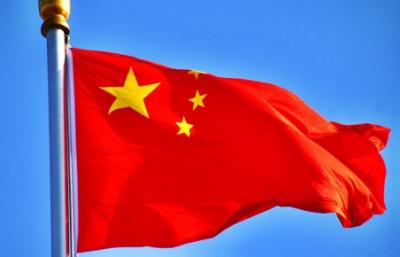China is slowly backing away from its initial $60 billion commitment to the China-Pakistan Economic Corridor (CPEC)–the flagship of Beijing's connectivity-heavy Belt and Road Initiative (BRI). The move comes amid reports of massive corruption taking place in CPEC projects involving Pakistan's top politicians and military officials.
Frequent militant attacks on Chinese engineers and other Chinese infrastructure projects in Pakistan also dissuading Beijingto fork more cash in what may become a doomed project. "A bill in Pakistan’s parliament will give the powerful military a firmer hold over the initiative and its related multi-billion dollar contracts, a martial move some see as aimed at reassuring Beijing that their investments will be more secure amid militant attacks on Chinese engineers and others facilitating the infrastructure projects," said a report in Asia Times revealing how the Pakistan army is set to take near-total control of the Beijing-financed corridor.
It also mentioned how documented corruption by Chinese companies involved in the CPEC, particularly in the power sector, has impelled Chinese financial authorities to cut down their lending exposure to Pakistan. The move comes amid rising indications China is backing away from its initial financial promises to Pakistan under the ambitious scheme. Recent media reports, citing data compiled by Boston University researchers in the United States, note that overall lending by the state-backed China Development Bank and the Export-Import Bank of China declined from a peak of $75 billion in 2016 to just $4 billion last year.
Provisional 2020 figures show that amount shrunk to around $3 billion in 2020. The belt-tightening is believed to be in line with Beijing’s so-called “rethink strategy” for its US$1 trillion BRI, which is under broad fire for “structural weaknesses” including opacity, corruption, over-lending to poor countries resulting in “debt traps” and adverse social and environmental impacts, the Boston University research said.
"It is yet to be seen how diminished Chinese lending will impact the CPEC, however several important related projects are now stalled or are running behind schedule due to a lack of financing. Of 122 announced CPEC projects, only 32 have been completed as of the third quarter of this fiscal year," Asia Times reported. After a recent inquiry conducted by the Security and Exchange China's post-Covid lending fatigue is another factor dissuading China from investing in international hotspots.
There are several other reasons that explain China’s willingness to plough big bucks in over-the-top BRI projects. First, China’s economy is slowing down. From growth rates of 7 per cent since 2010, China’s growth rate is expected to drop significantly-in the range of 3.8 per cent and 4.9 per cent in the coming decade. There may simply not be enough cash in its kitty to invest in Africa, compared to current levels. China is heavily indebted and has to repay hefty loans to G-20 countries, reducing its overall lending capacity.
The country’s share of overall debt owed to G20 countries increased from 45 per cent in 2013 to 63 per cent at the end of 2019. “Lending by the Chinese financial institutions that drive the Belt and Road, along with bilateral support to governments, has fallen off a cliff, and Beijing finds itself mired in debt renegotiations with a host of countries,” writes the <em>Financial Times</em> in a recent article.
Second, there has been a radical shift in China’s economic model. From an export driven economy, extensively relying on external resources and markets, China under its current leader Xi Jinping, is more inclined to tap domestic resources and markets as part of a more inward looking “double-circulation” economy.




















